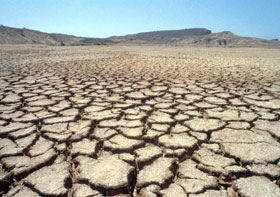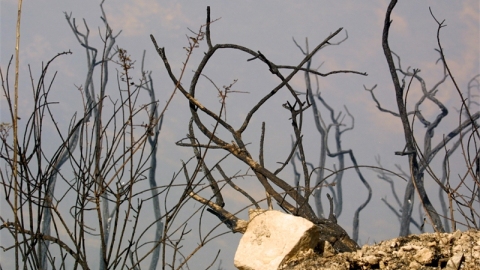Costa Rica News – The United Nations held a session on human rights last month. A representative from Earthjustice praised Costa Rica for acknowledging a link between carbon emissions, climate change, and human rights violations.
 The session focused on the status of human rights in the tiny nation of Tuvalu. In this country, that is on small atolls in the Pacific, there is a maximum height of three meters above sea level.
The session focused on the status of human rights in the tiny nation of Tuvalu. In this country, that is on small atolls in the Pacific, there is a maximum height of three meters above sea level.
With global warming, it is expected that their nation will be uninhabitable in the next 20 years because of raising water levels,coastal erosion, and loss of freshwater. This will violate the international human rights of the Tuvalu people, such as the rights to be free from hunger, a means of subsistence, water, and a healthy environment. All of these are protected by international law.
How these people will survive, where they will go, and what will become of their government and traditions remains to be known.
At the meeting, Costa Rica noted that it is on schedule to become the world’s first carbon neutral country in 2021. It has been argued that international law requires countries to be responsible for their actions and the effects they have on climate change.
Every country should do its part to deal with the causes and effects of such change. The countries that have the highest emissions don’t want to take their responsibility seriously. Costa Rica is the example they should follow.

